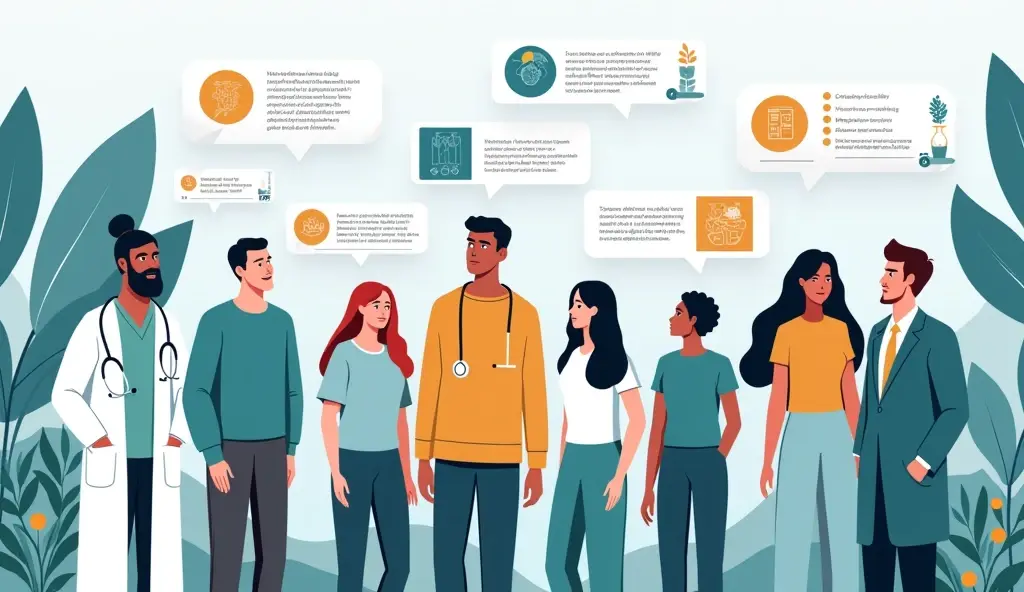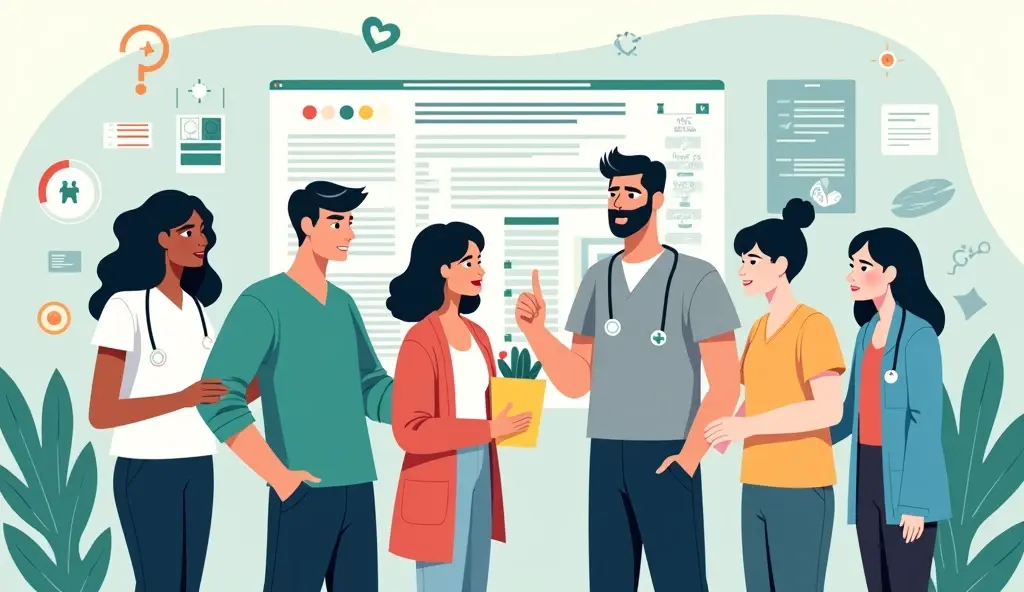Mental Health Myths and Facts: Debunking Common Misconceptions
Mental health is a vital part of our overall well-being, yet it remains a topic shrouded in misinformation and stigma. In this article, we delve into the most common mental health myths and facts, aiming to clarify misunderstandings and promote awareness.
Myth 1: Mental Health Issues Are Rare
Fact: Mental health challenges are more common than most people think. According to the World Health Organization (WHO), one in four people will experience a mental health condition at some point in their lives. Anxiety disorders, depression, and other mental health issues affect millions globally. Recognizing the prevalence of these conditions helps normalize discussions and encourages people to seek support without fear of judgment.
Myth 2: Mental Health Problems Are a Sign of Weakness
Fact: Mental health conditions are not indicators of personal weakness. They are medical conditions influenced by a combination of genetic, biological, environmental, and psychological factors. Just as physical illnesses like diabetes or hypertension require treatment, mental health conditions also necessitate care and support. Seeking help shows strength, not weakness.
How to Make Money with AI
Myth 3: Children Don’t Experience Mental Health Problems
Fact: Mental health issues can affect anyone, regardless of age. Children and adolescents can experience anxiety, depression, and other disorders. Early intervention is crucial, as untreated mental health conditions in childhood can lead to complications in adulthood. Parents, teachers, and caregivers should be vigilant about changes in behavior or mood in young individuals.

Myth 4: Therapy Is Only for People With Severe Mental Illness
Fact: Therapy is beneficial for anyone facing emotional challenges, stress, or life transitions—not just for those with severe mental health conditions. Speaking to a therapist provides tools and strategies to cope with various situations. Mental health care is a spectrum, and seeking therapy at any stage of life can enhance overall well-being.
Myth 5: Medication for Mental Health Problems Is Addictive
Fact: While some mental health medications have the potential for dependency, most prescribed treatments are safe when taken under the guidance of a healthcare professional. Medications are often part of a comprehensive treatment plan that includes therapy and lifestyle changes. Discussing concerns with a doctor ensures informed decision-making about treatment options.
Myth 6: People With Mental Illness Are Dangerous
Fact: The portrayal of individuals with mental illnesses as violent or dangerous is misleading and harmful. Research shows that people with mental health conditions are more likely to be victims of violence than perpetrators. This stigma discourages individuals from seeking help and perpetuates fear and discrimination.
Why It’s Important to Address Mental Health Myths and Facts
Understanding mental health myths and facts is crucial for building a supportive and empathetic society. Misinformation fuels stigma, which can prevent people from seeking the help they need. By debunking these myths, we create a culture where mental health is treated with the same importance as physical health.
Steps to Combat Mental Health Stigma
- Educate Yourself and Others: Share accurate information and challenge stereotypes.
- Encourage Open Conversations: Create safe spaces for discussions about mental health.
- Support Mental Health Initiatives: Advocate for policies and programs that promote mental health awareness.
- Seek Help When Needed: Normalize therapy and other forms of mental health support.
Final Thought
Mental health myths and facts reveal the importance of separating truth from misconception. By fostering understanding, we can reduce stigma and create an environment where everyone feels empowered to prioritize their mental health. Let’s work together to spread awareness and ensure mental well-being is a universal priority.
Read More Why Need Mental health awareness

